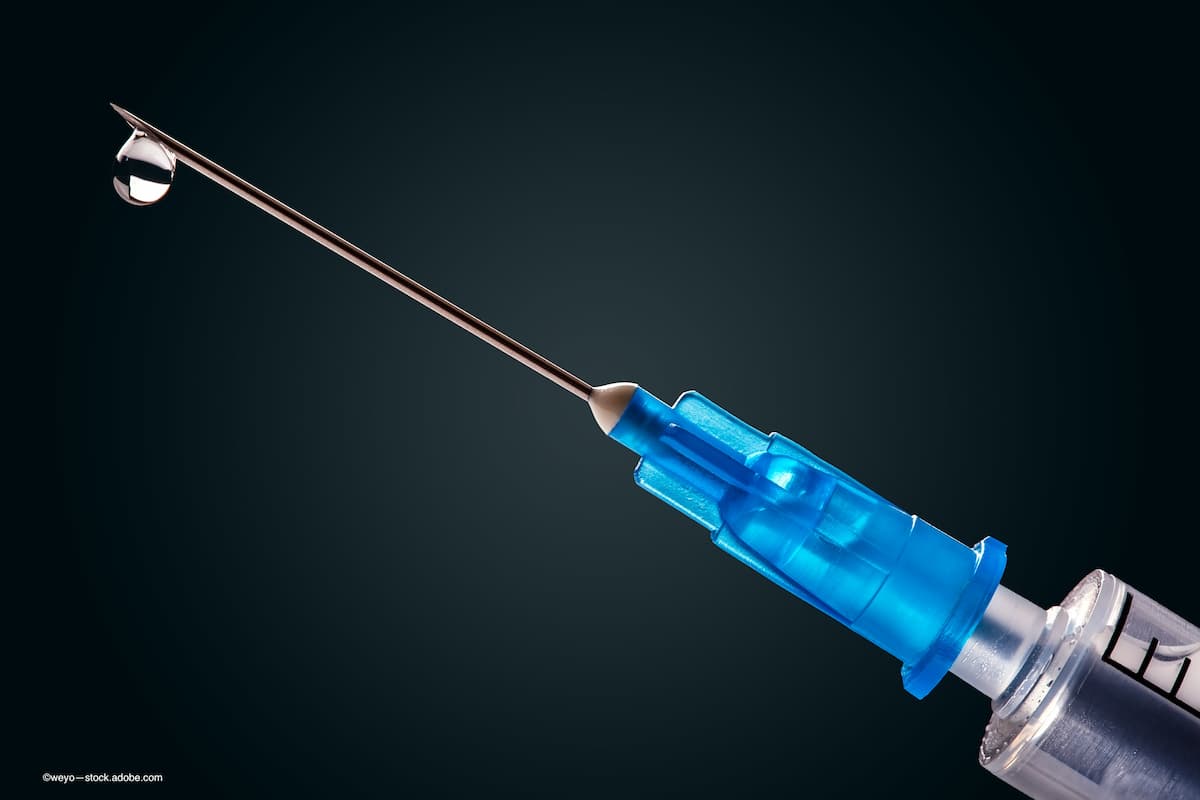Faricimab for nAMD: Safe, effective, lower treatment burden compared with aflibercept in pooled TENAYA, LUCERNE Phase 3 trials
The AVONELLE-X long-term extension study will continue to evaluate the efficacy, durability, and safety of faricimab in patients with neovascular AMD.

The 2-year results of the TENAYA and LUCERNE studies indicated that faricimab (Vabysmo, Genentech), the first intraocular bispecific antibody that inhibits both angiopoietin-2 and vascular endothelial growth factor-A was safe and efficacious for treating neovascular age-related macular degeneration (AMD).
Rishi Singh, MD, FASRS, reported the highlights of the pooled results of the trials on behalf of the study investigators.
TENAYA and LUCERNE were Phase 3 global, randomized, double-masked 112-week trials designed to assess the efficacy, safety, and durability of faricimab in treatment-naïve patients with neovascular AMD.
At week 60, patients in the faricimab arm were treated according to a protocol-driven treat-and-extend–based regimen.
Singh reported that, compared with baseline, gains in vision and decreased central subfield thicknesses following treatment with faricimab out to every-16-week dosing were similar to those achieved with aflibercept (Eylea, Regeneron) with every-8-week dosing with fewer injections, through week 112.
At week 112, more than 60% of patients treated with faricimab achieved every-16-week dosing and about 80% achieved every-12-week dosing or better.
Those who needed treatment every 8 weeks generally had worse baseline ocular characteristics versus extended treatment intervals, he pointed out.
“Early and rapid treatment interval extension with faricimab was associated with stable visual gains and anatomic outcomes through week 112,” Singh commented.
In support of this, the analysis showed that most patients on every-12-week dosing at week 60 achieved every-16-week-dosing at week 112.
Every-8-week dosing was associated with tight anatomic control, and most of these patients on every-8-week dosing at week 60 were on extended dosing intervals at week 112.
Faricimab was well-tolerated with an acceptable safety profile through week 112.
The AVONELLE-X long-term extension study will continue to evaluate the efficacy, durability, and safety of faricimab in patients with neovascular AMD.
Newsletter
Keep your retina practice on the forefront—subscribe for expert analysis and emerging trends in retinal disease management.